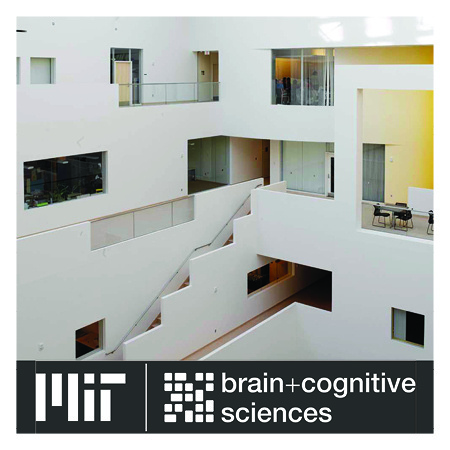
EEG Analysis: Frequency Band Filtering vs. Component-driven State Space Oscillator Models
Description
Speaker:
Amanda M. Beck is a sixth year PhD student in Electrical Engineering and Computer Science. She works on novel signal processing methods based on signal modeling and investigates the connection between sleep and Alzheimer's.
Abstract:
Filtering your data can significantly alter the phenomena that you want to measure. Poor filtering specifications can disrupt the timing of events or cause unintended effects that aren't readily distinguishable from the actual signal. We will start by covering the mechanics of spectrograms, filtering methods and common pitfalls in filtering with pre-packaged tools (matlab, python), which can be applied broadly from EEG and other electrophysiology to auditory signals. and This should give you an idea of what to watch out for when preparing your data for analysis. After understanding the common bandpass filter method of analyzing frequency bands in EEG we will compare it to a new component-based method of state space oscillator models that allow you to isolate a specific frequency component without band limit assumptions, ensuring that you capture all relevant information about an oscillation even if it occurs across multiple of the traditional frequency bands.
These topics will be illustrated with interactive coding examples throughout. Materials and code to participate in the tutorial will be made available the day of the event.
Event passcode: 125688

